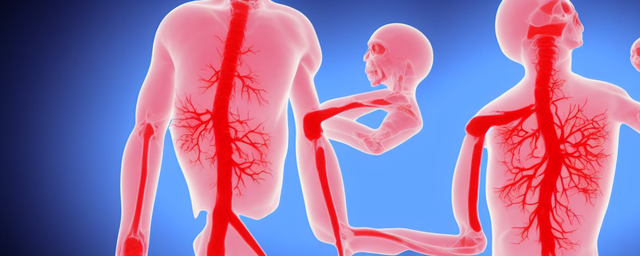
ct辐射对人体的危害有多大
原|2024-04-26 20:41:59|浏览:47
Exposure to ionizing radiation, such as X-rays, gamma rays, and certain types of nuclear radiation, can have harmful effects on the human body. The extent of the harm depends on various factors including the type of radiation, the dose received, and the duration of exposure.
Ionizing radiation has enough energy to remove tightly bound electrons from atoms, leading to the formation of charged particles called ions. These ions can interact with biological molecules in the body, causing damage to cells and DNA. This damage can result in various health effects, ranging from mild skin irritation to more serious conditions such as cancer and genetic mutations.
Acute exposure to high doses of ionizing radiation can cause immediate effects such as radiation sickness, which includes symptoms like nausea, vomiting, and fatigue. Chronic exposure to lower doses over a long period of time can increase the risk of developing cancer, particularly leukemia, thyroid cancer, and breast cancer. Radiation exposure can also affect reproductive health, leading to infertility or genetic disorders in offspring.
It is important to note that the risks associated with ionizing radiation vary depending on individual factors such as age, sex, and overall health. Pregnant women and children are generally more sensitive to the effects of radiation. Protective measures such as shielding and limiting exposure time can help reduce the risks associated with radiation exposure.
Overall, the potential harm of ionizing radiation on the human body is significant and should be taken seriously. It is essential to follow safety guidelines and regulations to minimize exposure and protect against the harmful effects of radiation.
猜你喜欢
- 茶的分类及代表品种
- 六大茶类的代表名茶分别有
- 茶的类型和代表
- 六大茶叶的分类及产地
- 庙的分类及代表
- 藻的分类及其代表
- 茶的分类及代表茶品特点
- 茶的分类及代表茶
- 简述茶类的分类及其代表性名茶
- 六大茶类的分类及代表茶
- 动物分类及代表
- 糖的分类及代表
- 茶的分类及代表茶叶
- 茶的分类及代表图
- 茶的分类及代表作
- 茶器按质地的分类及代表茶器
- 茶的分类及代表名茶教学设计
- 简述茶的分类及代表性名茶
- 请写出乌龙茶的分类及代表茶
- 法国雅文邑白兰地系列
- 雅文邑白兰地介绍
- 1952年法国雅文邑白兰地
- 法国雅玛邑白兰地
- 纽波利顿獒
- 法国犬品种
- 南非獒犬的优缺点
- 波尔多獒犬寿命
- 波兰狩猎犬
- 波尔多犬和罗威纳犬对比
- 波尔多犬和杜高对比
- 世界十大凶犬
- 护卫犬排行榜前十名
- 大红袍怎么泡效果好
- 大红袍怎么泡不开
- 大红袍怎么泡茶
- 大红袍怎么泡出来没颜色
- 大红袍怎么泡不苦
- 大红袍怎么泡多久
- 大红袍怎么泡才正确的特点
- 大红袍怎么泡没有柴味儿
- 大红袍怎么泡放多少合适
- 花香大红袍怎么泡
- 大红袍怎么泡茶好
- 大红袍是怎么泡的
- 大红袍怎么泡水好喝
- 大红袍用玻璃杯怎么泡
- 大红袍怎么泡味道浓一些
- 十大排名果花茶
- 十大花茶组合排名
- 十大花茶品种大全
- 十大花茶功效
- 十大花茶销量排行榜
- 十大花茶有哪些
- 十大花茶品种
- 十大花茶推荐
- 十大花卉排行榜
- 十大花卉
- 十大花茶调理内分泌
- 九五至尊秦昊明月关山
- 红茶冲泡工艺
为你推荐






































































